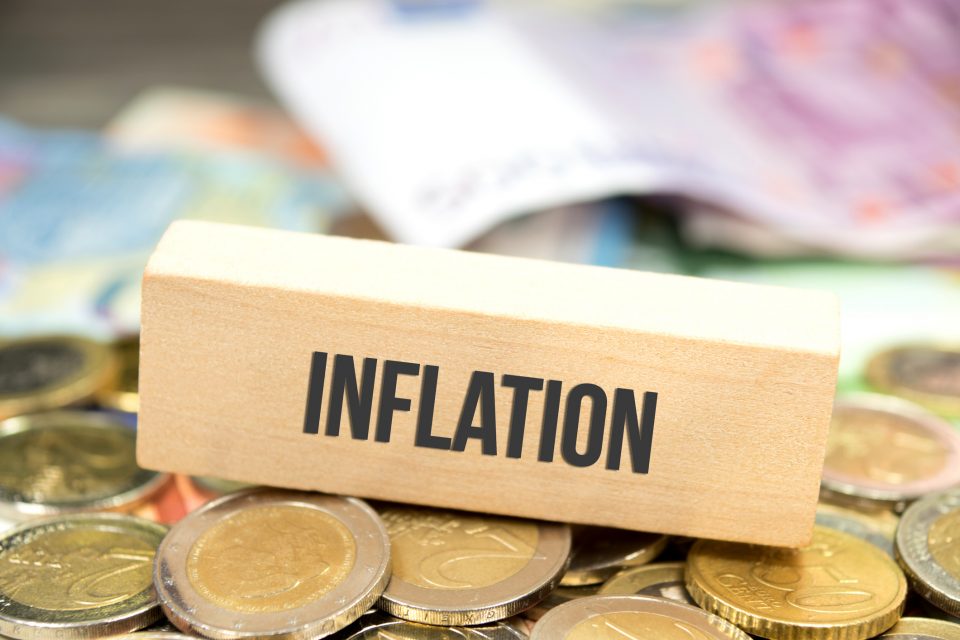Retail inflation climbed to 5.52 per cent in March, the highest in last four months, according to the data official data released by the ministry of statistics and program implementation (MoSPI) on Monday. The rise in inflation was due to high food prices, experts believe. Consumer Food Price Index rose to 4.94 per cent in March, according to the ministry data. The inflation fell to 4.06 per cent in January, the lowest since October 2019. Retail inflation rose steeply to 5.03 per cent in February as food and fuel prices went up.
Core inflation also surged to a 29-month high of 5.7 per cent in March. Food inflation rose to a four-month high of 4.9 per cent YoY on March 21, broadly in line with our forecast of 4.7 per cent, said Nikhil Gupta, chief economist at Motilal Oswal Financial Services.
“The dual worry continues, the retail inflation has stayed above the 5 per cent mark for two months post a brief cool-off in December and January month. The core inflation is near the 6 per cent-mark. Rising crude prices and supply-led disruption due to any lockdown may lead to a further rise in inflation,” said Nish Bhatt, founder, and chief executive officer, Millwood Kane International.
Meanwhile, the Index of Industrial Production (IIP) remained in the contraction zone. It contracted by 3.6 per cent for February. It contracted by 1.6 per cent in January. Industrial output has de-grown for two months in a row, despite near-normal activities in February. Any major lockdown and mass migration of laborers due to a second wave poses a risk to industrial activities/output,” Bhatt added.
“Overall, while both data worsened vis-a-vis previous month, there were no surprises. Going forward, CPI is likely to ease to <5 per cent (7.2 per cent in Apr’20) in Apr’21 and IIP could grow 20 per cent YoY in Mar’21 (-18.6 per cent YoY in Mar’20) due to base effect,” Gupta added.
“However, local lockdowns, if persist, could impact services demand negatively, will put downward pressure on Q1FY22 core inflation and act as a balancing factor to emerging upside risks to inflation,” said Madhavi Arora, lead economist, Emkay Global Financial Services.


 Signals, Powered By EquityPandit
Signals, Powered By EquityPandit

